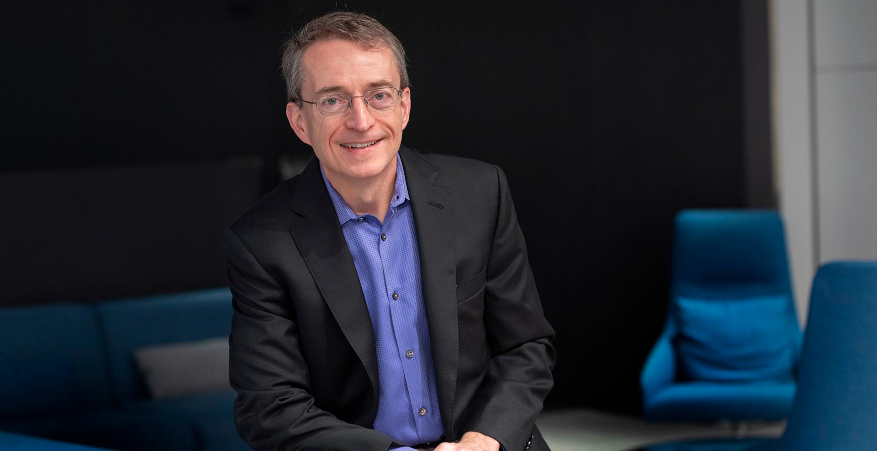As CEO of Intel, one of the world’s largest semiconductor chip manufacturers, and with graduate degrees in electrical engineering and computer science, 61-year-old Pat Gelsinger cuts the figure of the quintessential high-powered Silicon Valley corporate executive.
But everybody has to start somewhere, and where we eventually land often looks very different from where we began.
For Pat Gelsinger, who is often considered the most public Christian among all top corporate chiefs in America, home was a farm in Robesonia, Pa., an Amish and Mennonite community in Berks County.
Values aren’t just taught in small towns – they’re often caught. As a child, Pat was encouraged to be kind to everyone he met, as well as take responsibility for everything he did. This philosophy and behaviors were regularly reinforced by those around him. But it wouldn’t be until he left home and settled in Northern California that he made his faith his own.
Recently hired at Intel at the age of 18, Gelsinger says the penny dropped for him at church one Sunday when the minister read from Revelation.
“I know your deeds, that you are neither cold nor hot,” the minister said, quoting Jesus. “I wish you were either one or the other! So, because you are lukewarm — neither hot nor cold — I am about to spit you out of my mouth” (3:15-16).
It was a convicting moment for the teenager, who realized he needed to commit fully and completely, turning every aspect of his life over to Jesus.
Given that early conversion, it makes sense that Gelsinger would be on stage yesterday as part of a “fireside chat” at the Stanford Law School discussing, “The Role of Faith in Business in Silicon Valley.”
Pat Gelsinger’s simple take?
Faith should play much more of a role than it currently does.
In fact, Gelsinger told those gathered that he’s prayed with more than 10,000 executives and individuals during his time at Intel. He’s neither pushy nor presumptuous. Instead, he broaches the subject by asking a straightforward question:
“May I pray for you?”
He told those gathered at Stanford that asking people if they’d appreciate prayer is another way of inquiring, “Can I join you in your greatest concerns?”
Gelsinger acknowledges that not everyone says yes – but the vast majority do, and often they pray right then and there.
At the heart of the Intel CEO’s passion is a desire to encourage everyone to bring their “whole self” to the workplace. He recognizes that for Christians, a significant portion of that includes their deeply held faith convictions. Since the chip giant is a secular company, he deliberately invites other faith perspectives, even celebrating Jewish holidays because “we want them (Jews) to feel like we are all with them and their celebration.”
Gelsinger regularly shares Bible verses, a tradition that is generally very warmly received. As a leader, he sums up his approach and focus on what he calls the “Five L”:
“Leaders need to listen, they need to learn, they need to link, they need to lift, but fundamentally they need to love their organizations and what they do. I just love Intel. I love my leaders, my 121,000 people, and, most importantly, the mission that we are on together.”
Shortly after committing his life to Christ, Gelsinger considered quitting Silicon Valley and going into ministry full-time. Ultimately, he decided to be a “workplace minister” instead since in that capacity “you really view yourself as working for God as your C.E.O., even though you’re working for Intel.”






